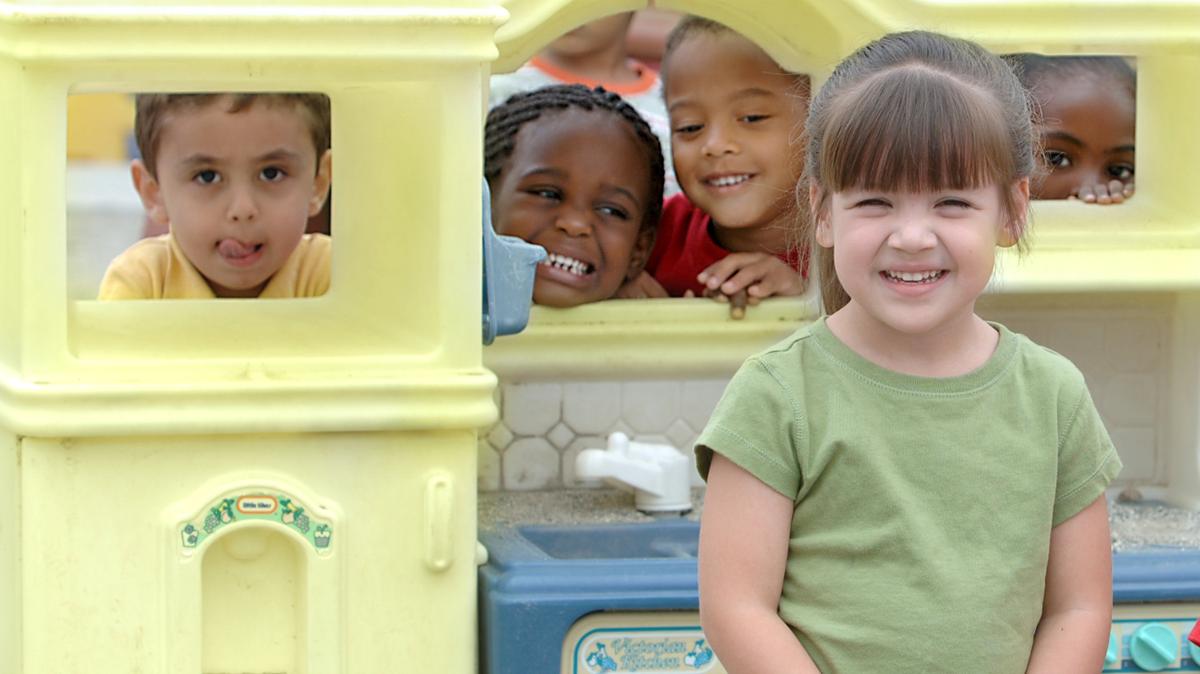Early Childhood Education

Early Childhood Education
The Early Childhood Education program provides an educational and practical foundation for students interested in working with children from infancy through third grade. In addition to theoretical principles, the curriculum offers practical skills and on-site training that will prepare students for employment in the field of Early Childhood Education. The program leads to certificates in Early Childhood Education and/or an Associate of Science Degree. The EAR courses will also fulfill the required child development coursework for the state issued Child Development Permit. Information regarding this permit and/or the Early Childhood Education Certificates are available from the Early Childhood Education Department.
Program Learning Outcomes
Upon successful completion of this program, students should be able to:
- Develop, implement, and evaluate developmentally appropriate thematic and emergent curriculum for children who are typical and atypical in the areas of physical, cognitive, language, creative and social/emotional growth.
- Develop and apply appropriate practices and effective techniques that respect the cultural diversity of young children and their families.
- Integrate an educational philosophy into classroom practices that reflects a personal belief supportive of theoretical principles regarding how and why young children should receive early educational experiences.
- Develop and implement a system of ongoing observational practices that contributes toward the creation of learning environments conducive to the emergence of curriculum that adapts to the evolving needs of children
| Required Courses (25 units) | Units |
| EAR-19 | Observation and Assessment in Early Childhood Education | 3 |
| EAR-20 | Child Growth and Development | 3 |
| EAR-24 | Introduction to Curriculum | 3 |
| EAR-25 | Teaching in a Diverse Society | 3 |
| EAR-26 | Health, Safety and Nutrition | 3 |
| EAR-28 | Principles and Practices of Teaching Young Children | 3 |
| EAR-30 | Practicum in Early Childhood Education | 4 |
| EAR-42 | Child, Family, and Community | 3 |
| Electives | (Choose from list below) | 6 |
| Electives (6 units) | Units |
| EAR-23 | Family Home Child Care Program | 3 |
| EAR-33 | Infant and Toddler Development | 3 |
| EAR-34 | Infant and Toddler Care and Education | 3 |
| EAR-38 | Adult Supervision and Mentoring in ECE | 3 |
| EAR-40 | Introduction to Children with Special Needs | 3 |
| EAR-41 | Practicum in Early Intervention/Special Education | 4 |
| EAR-43 | Children with Challenging Behaviors | 3 |
| EAR-44 | Administration I: Programs in Early Childhood Education | 3 |
| EAR-45 | Administration II: Personnel and Leadership in Early Childhood Education | 3 |
| EAR-46 | Curriculum and Strategies for Children with Special Needs | 3 |
| EAR-47 | Childhood Stress and Trauma | 3 |
| EAR-53 | Parenting: Guiding Young Children-Approaches to Discipline | 2 |
| EAR-54 | Parenting: Contemporary Parenting Issues | 1 |
| EDU-1 | Introduction to Elementary Classroom Teaching | 4 |
| ENG-30 | Children’s Literature | 3 |
| KIN-6 | Introduction to Physical Education for Preschool and Elementary Children | 3 |
| KIN-30 | First Aid and CPR | 3 |
| MUS-1 | Teaching Music to Young Children | 3 |
Associate of Science Degree
The Associate of Science Degree in Early Childhood Education will be awarded upon completion of the degree requirements, including general education and other graduation requirements as described in the college catalog.
Child Development Permit
Upon completion of the requirements for the certificate program and 16 units of special
courses in general education, the student has fulfilled the course requirements for
the Child Development Permit, teacher level. See the State guidelines for experience
qualifications and additional levels. For students interested in transferring to a
California State University, please see the requirements for the Associate in Science
in Early Childhood
Education for Transfer degree in Section IV of this catalog.